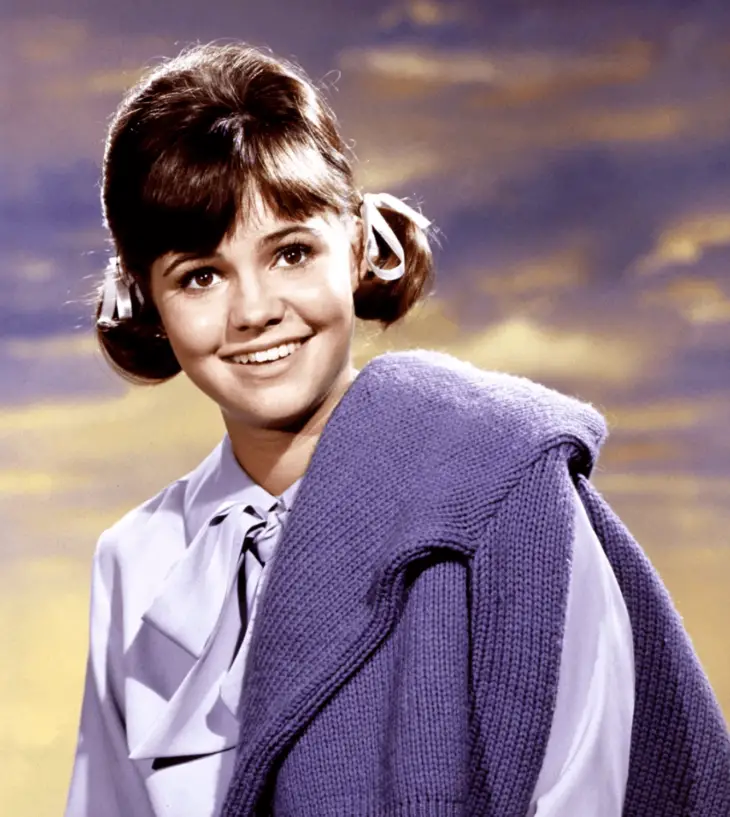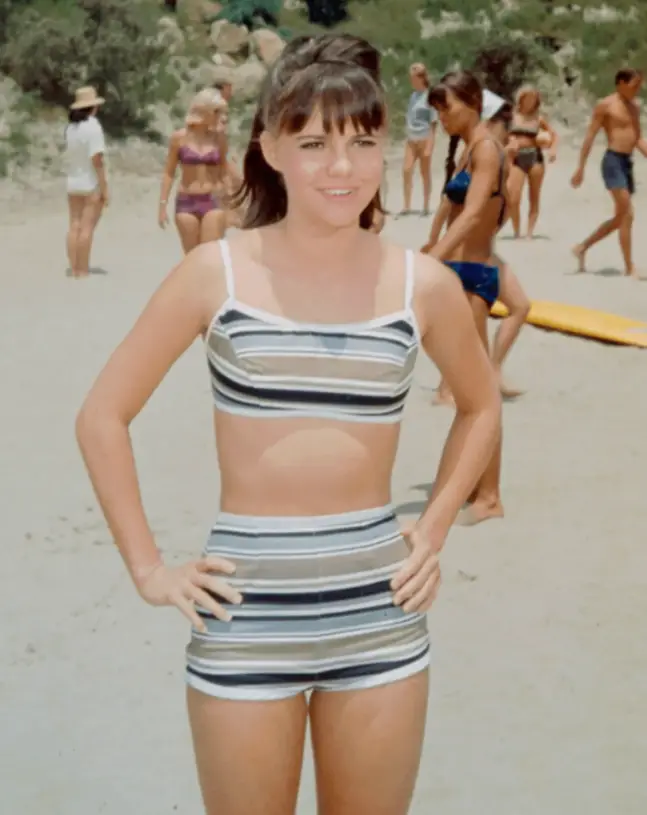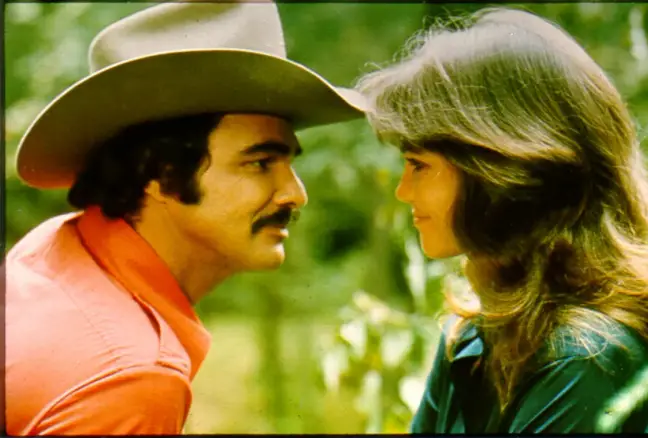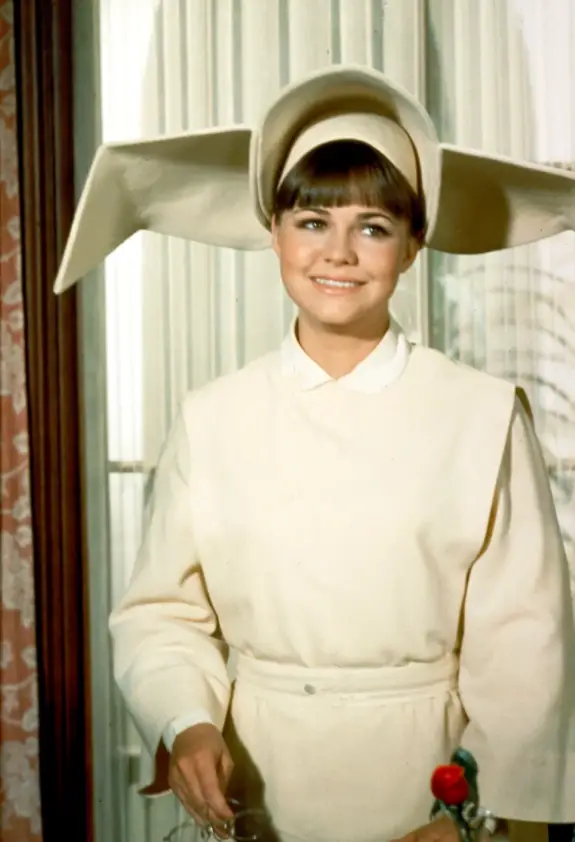
The humble reporter who turned into a superhero marked everyone’s childhood and the name of Christopher Reeve will always come to mind whenever we hear the name Superman.
Reeve achieved the unachievable. He made whole generations fall in love with the character he played. Unfortunately, this great man who could brag with his looks suffered serious injuries during a horse riding accident and spent the rest of his days wheelchair bound. His paralysis, however, didn’t stop him from continuing doing what he did best; being an actor, writer, and a philanthropist.
His fans and family always stood by his side and they were the reason why he never lost hope that his condition may improve one day. Sadly, he passed away in 2004, but his three children are there to continue his legacy. Reeve had son Matthew and daughter Alexandra with his wife Gae Exton, and youngest son Will with his second wife, Dana Reeve. Today, all three run their parents’ foundation, Christopher and Dana Reeve Foundation.

This organization’s goal is to help those living with paralysis, and they are very successful at what they do. Will Reeve, who’s 30 now, gathers the attention of the public not only because he continues his parents’ work, but also because of the staggering resemblance to his late father.
When Christopher lost the ability to walk and breath on his own, little Will was only a toddler. In an interview with the People he recalls how he and his dad were very close and did lots of fun things together. Christopher even taught him how to ride a bike by giving him instructions and being extremely supportive. When he lost his real life hero, Will was 11.

Just 10 months after his death, Christopher’s wife and caregiver Dana was diagnosed with lung cancer. She passed away two years later, making Will lose both his parents. At the time, he was 13 years old and moved in with the family’s neighbors, Ralph and Ann Pucci, whom Dana trusted to raise him right.
Will once praised the family who adopted him, saying, “The Puccis are…lifesavers. They are the very best people. […] They are the reason that I was able to emerge from the darkest period of my life – relatively unscathed.
“They took me in, and they loved me, not even like a son, they loved me, and do love me, as a son. The Puccis are my family and they always will be. […] When I say ‘I’m going home’ – it’s their house,” he said.
This young man grew up to his parents’ expectations. He is currently a correspondent for Good Morning America, and has also contributed to ESPN’s SportsCenter and MSG Network, and continues being inspiration for many other young men.
He, however, never puts the foundation on the side and believes that by raising money for helping others, he’s honoring his mom and dad. He told Today: “Their passion for everything is what made them so special. They deeply cared about making a difference in the world in any context. It was a really special experience to grow up in a house with them setting that example. I try to carry on their legacy every day by just doing what I was taught.”
During an interview with People in 2016, Will opened up about his amazing childhood, which he considered a “totally normal” one.
“They were the people who told me to turn off the TV, to eat my broccoli, to go to bed,” he recalled lovingly. “I understand that not every child experiences going to the grocery store and seeing their dad on the magazine at the checkout aisle, but … it was a totally normal childhood.”
When told that he looks like his father a lot, this young man says, “My parents were beautiful people on the inside, so if I can resemble them that way, I certainly appreciate the comparison.”
Despite the loss he suffered, Will didn’t let darkness fill in his life. Instead, the memory of his parents served as a guidance for him to turn into a respected individual.
In a Daily Mail article, Will wrote, “There’s something my father used to say and which I use frequently today to not only honor his legacy, but to imbue a new generation with his timeless spirit: ‘A hero is an ordinary individual who finds the strength to persevere and endure in spite of overwhelming obstacles.’”
People once listed Christopher Reeve on their cover as one of the 25 most intriguing people, and Will is happy he could now share his story about Superman with the magazine. Take a look at the video below to learn more of Will’s life and the foundation he now runs.
In April 2023, he shared that he’s dating a woman named Amanda Dubin. As per her LinkedIn profile, Dubin is an event planner and specializes in event planning and production. She currently works at a company called Victoria Dubin Events based in New York City.
Sally Field, 76, was considered ‘ugly’ after choosing to age naturally – She discovered joy in being a grandmother to 5 children and living in an ocean-view house
Keeping up with the Hollywood glam sometimes means defying age with the help of procedures and plastic surgeries. It’s not a secret that many celebrities opt to go under the knife for the sake of the good and youthful looks and the opportunities that looks brings.
However, not everyone who is part of the film industry is willing to follow this trend, and actress Sally Field is one of them.

Having been part of films such as Smokey and the Bandit, Norma Rae, Mrs. Doubtfire, and Forrest Gump, and having received plenty of awards for her acting, including Two Academy Awards, two BAFTA Film Award nominations, three Primetime Emmy Awards, two Golden Globe Awards, two SAG Awards, and most recently the Life Achievement Award, it’s safe to say Field has a career she can brag about.
Regardless of her age, 76, she still looks as stunning as ever and accepts her natural appearance. During her speech for the SAG Achievement Award she wore a magnificent black gown and embraced her naturally grey hair.
“I felt guarded, reserved, and out of the spotlight. But I was never sure what I’d say or do on stage. I would astonish myself,” the actress said. “I wasn’t hoping for praise or attention, though it’s excellent.”

She continued: “Acting has always been about preserving those priceless moments when I feel whole, thoroughly, and occasionally dangerously alive. Finding a path there has always been a challenge.
“They allowed me to open up and let me know things about myself that I never would have known otherwise. I’ve been working all my life. She continued for almost 60 years; there hasn’t been a day when I haven’t been genuinely happy to identify as an actor.”

Back in 2016, she was asked how she felt about playing an elderly, eccentric woman, Doris Miller.
“It’s okay that I’m an old woman; 70 is old. My years have given me strength; I have earned the right to have them, and I have owned them. And even if I dislike my neck and many other things, it’s alright,” Field told NPR.

And when it comes the natural process of aging, Field opts to stay true to herself despite the fact that the fight against ageism in Hollywood is a real one. “’Oh, I wish that weren’t happening to my neck,’ I think when I watch myself on television. Additionally, your eyes are bulging, and your face is collapsing. Then, though, I come across some of the women (who have undergone plastic surgery) who I once thought were stunning. Oh no, I’m feeling right now. Avoid doing it! And that would seem disrespectful to who they are right now,” she once said.
Field was married two times and went through two divorces. In 1986, she married Steven Craig with whom she welcomed two sons. The couple untied the knot in 1975.
She then dated Burt Reynolds before she married film producer Alan Greisman. Field and Greisman share a son together.

Eventually, she decided to commit all her time to her career but it was when she became a grandmother that her life took on a new dimension.
She embraced the new role and loves spending time with her grandchildren at her wonderful beach house with ocean views.
We love Sally Field.



Leave a Reply